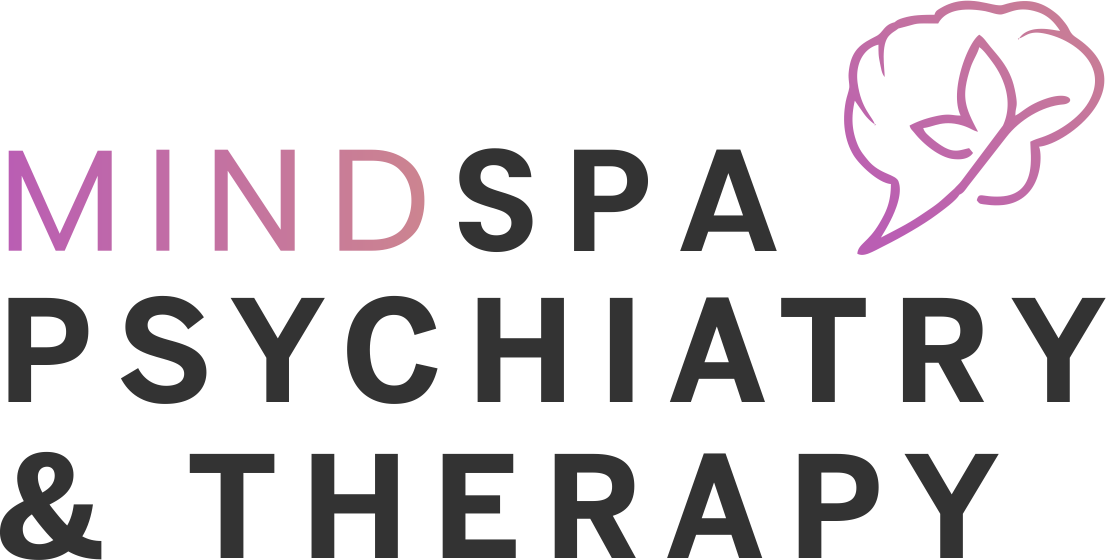Have you ever felt like you’re running on fumes, juggling work, family, and personal commitments without a moment to breathe? You’re not alone. In our current fast-paced world, the pressure to stay constantly productive can be overwhelming. A recent study found that 77% of employees have experienced burnout at their current job, with more than half citing multiple occurrences.
Ignoring the signs that you need a break can lead to serious consequences, both mentally and physically. It’s essential to recognize when your body and mind are signaling for rest. Taking a break isn’t a luxury; it’s a necessity for maintaining overall well-being.
In this blog, we’ll explore 11 telltale signs that indicate it’s time to step back and recharge. Recognizing these signs early can help you take proactive steps toward better mental health.
1. Constant Fatigue
Feeling perpetually tired, even after a full night’s sleep, is a significant red flag. Chronic fatigue can stem from prolonged stress and overexertion, leading to decreased productivity and motivation.
The World Health Organization classifies burnout as a “syndrome resulting from chronic workplace stress that has not been successfully managed.”

2. Sleep Disturbances
Difficulty falling asleep, staying asleep, or experiencing restful sleep can be indicators that your mind is overactive and stressed. Sleep disruptions not only affect your energy levels but also impair cognitive functions and emotional regulation.
Burnout often disrupts sleep patterns, leading to difficulty falling asleep, staying asleep, or waking up too early. Even if you manage to get a full night’s rest, you might still feel unrested due to the impact of chronic stress on sleep quality.

3. Increased Irritability
If you find yourself snapping at colleagues, friends, or family over minor issues, it might be a sign that you’re overwhelmed. Irritability often arises when stress levels are high and coping mechanisms are depleted.
Mood can be the first thing to plummet in the early stages of burnout. Increased cynicism or a blow to one’s confidence is a common occurrence, coinciding with decreased productivity and focus.
4. Difficulty Concentrating
Struggling to focus on tasks, forgetting appointments, or making frequent mistakes can indicate mental exhaustion. Chronic stress impairs cognitive functions, making it challenging to concentrate and make decisions effectively.
When experiencing emotional burnout, many people find it challenging to focus on tasks or maintain attention for extended periods. This difficulty concentrating can manifest in various ways, including struggling to complete work assignments or engage in activities they previously found enjoyable
5. Physical Symptoms
Stress doesn’t just affect your mind; it takes a toll on your body, too. Common physical symptoms include headaches, muscle tension, gastrointestinal issues, and frequent illnesses due to a weakened immune system.
Burnout leads to ongoing physical pain, causing muscle tension, persistent body aches, headaches, and chronic fatigue, which can result in less work done.
6. Loss of Motivation
A noticeable decline in enthusiasm for work, hobbies, or social activities can be a sign of burnout. When everyday tasks feel burdensome, and you lack the drive to engage in activities you once enjoyed, it’s time to assess your mental health.
Emotional burnout often manifests as a noticeable decrease in motivation. Previously enjoyable activities or work tasks may suddenly feel overwhelming or uninteresting. Individuals experiencing this symptom might struggle to initiate or complete projects, even those that were once exciting.
7. Emotional Exhaustion
Feeling emotionally drained, detached, or indifferent toward your responsibilities and relationships is a hallmark of burnout. This emotional depletion can lead to a sense of hopelessness and a decreased sense of satisfaction in life.
Emotional exhaustion often includes symptoms such as a lack of motivation, trouble sleeping, irritability, physical fatigue, feelings of hopelessness, absentmindedness, apathy, headaches, changes in appetite, nervousness, difficulty concentrating, irrational anger, increased cynicism or pessimism, a sense of dread, and depression.

8. Changes in Appetite
A sudden increase or decrease in appetite can be a subtle yet powerful indicator of emotional strain. Whether you’re reaching for food more often or skipping meals entirely, these changes may signal that your body is reacting to stress or burnout.
These changes can further impact your physical health and mood, creating a vicious cycle of stress and unhealthy behaviors. During periods of burnout, your appetite is also affected. People may crave ‘comfort foods,’ find their appetite is significantly increased, or lose their appetite, especially in the morning before going to work.
9. Increased Reliance on Substances
Turning to alcohol, caffeine, or other substances to cope with stress is a concerning sign. While these might offer temporary relief, they can lead to dependency and exacerbate mental health issues in the long run. Burnout can manifest physically and emotionally, leading to potential substance abuse and other health issues.
10. Social Withdrawal
Avoiding social interactions, canceling plans, or isolating yourself can indicate that you’re overwhelmed. While some alone time is healthy, consistent withdrawal from social connections can be detrimental to your mental health.
Emotional burnout often manifests through social withdrawal. Individuals experiencing burnout may find themselves pulling away from loved ones and social activities they once enjoyed. This isolation can stem from feeling overwhelmed or lacking the energy to engage with others.
11. Decreased Performance
A decline in work performance, missed deadlines, or lack of creativity can result from mental fatigue. When your mind is overworked, it’s challenging to maintain the same level of productivity and innovation. When burnout sets in, your ability to perform at your best often takes a hit. Tasks that were once easy may feel draining and take longer to complete.
Decision-making becomes harder, and staying focused can be a constant struggle. You might notice a dip in the quality of your work, even if you’re spending more time trying to get things done, and chances are, others around you are noticing too.
Conclusion
Recognizing these signs is the first step toward prioritizing your mental health. Taking a break isn’t a sign of weakness; it’s a proactive measure to ensure long-term well-being. If you’re experiencing any of these symptoms, consider reaching out to a mental health professional.
At MindSpa Psychiatry & Therapy, we offer consultations to help you navigate stress, burnout, and other mental health challenges. Our team of experts is here to support you in finding balance and restoring your well-being.
Frequently Asked Questions
How do I know if I really need a break or if I'm just being lazy?
This is a common concern. The difference lies in how you feel physically and emotionally. If you’re experiencing persistent fatigue, trouble concentrating, increased irritability, or loss of motivation despite trying to rest or recharge, it’s likely burnout, not laziness.
Laziness is often temporary and situational, whereas burnout manifests as a persistent pattern that affects your daily functioning. Listen to your body and mind, they’ll often give you clear signals when it’s time to slow down.
What happens if I ignore the signs of burnout?
Ignoring the signs can lead to serious mental and physical health consequences. Long-term stress without adequate rest can cause anxiety, depression, insomnia, high blood pressure, and a weakened immune system.
It can also negatively impact your work performance, relationships, and overall quality of life. Taking a break is not indulgent, it’s protective.

